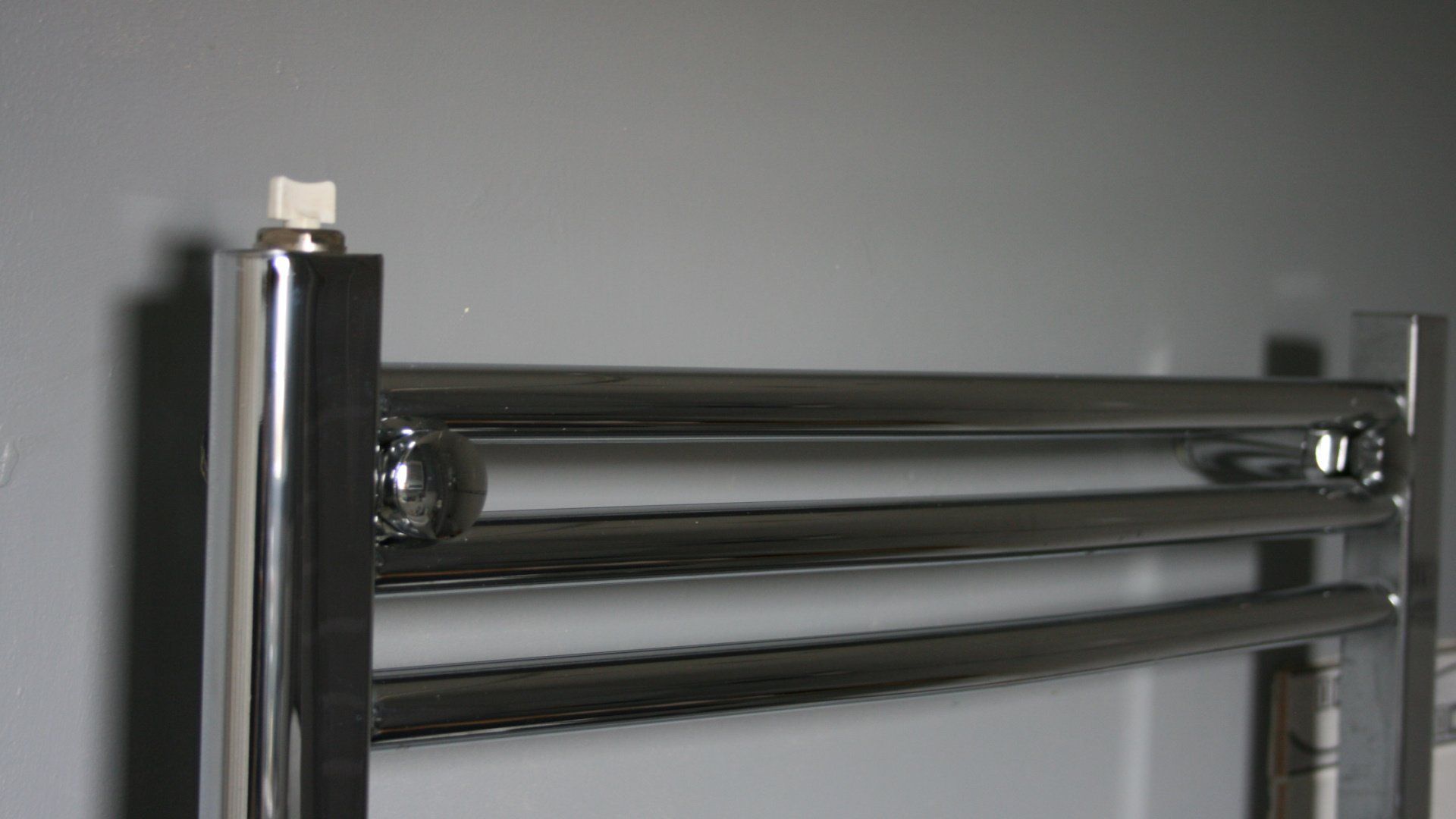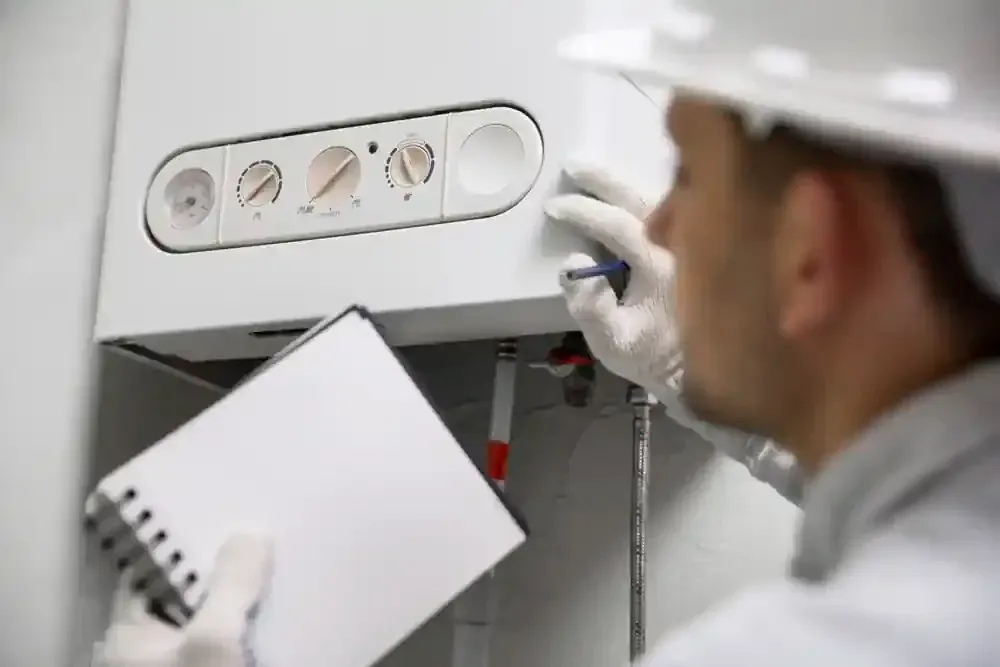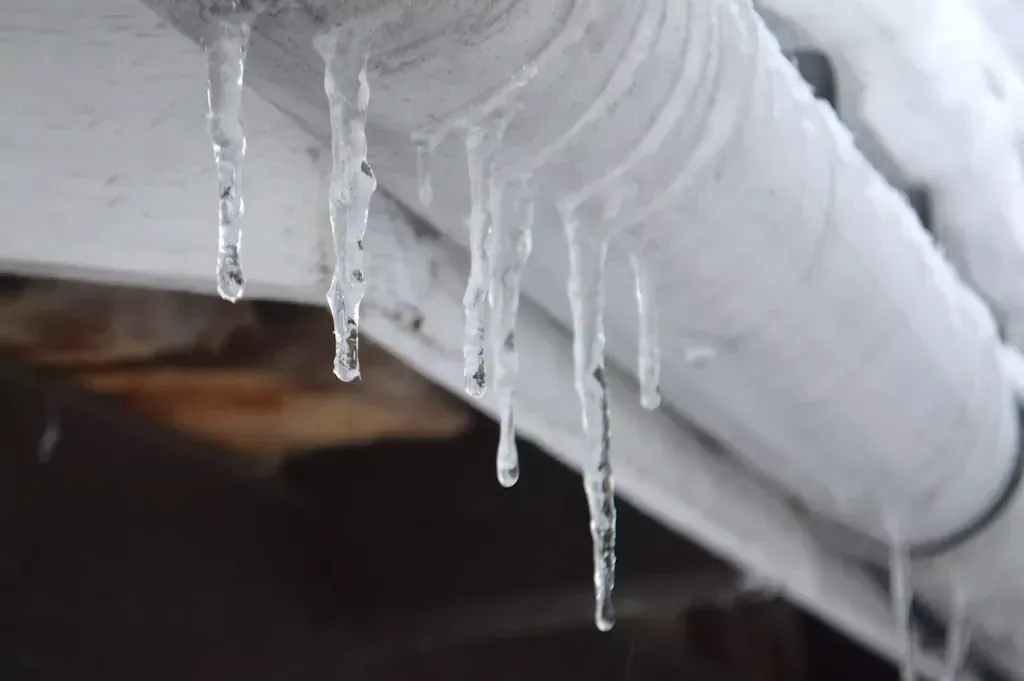The Top Plumbing Myths Debunked
We've all heard a plumbing myth or two that "guarantees" to save us money or help us manage plumbing issues ourselves. While there are plenty of steps you can take to care of your home plumbing, it's important to separate the fact from fiction. Otherwise, you can risk causing major damage to your home's plumbing system. That's why we want to debunk the most common plumbing myths TODAY.
Yes, some of these myths are relatively harmless but when it comes to the plumbing in your home, you don't want to rely on unsupported methods - or else you can risk causing severe damage, that is both inconvenient and expensive. Here are 6 of the most common plumbing myths you may or may not have heard, and the truth behind them.
Leaky taps are a fact of life
A small leak coming from your tap might seem more like an irritating problem than a dangerous one, but it's something that needs to be addressed sooner rather than later. Why? Because allowing the tap to leak for too long wastes water, will increase your water bill, and can eventually cause damage to the pipes in your plumbing system. If you cannot fix the leak yourself,
call a professional plumber to sort it.
Anything can go down the drain
A lot of people get this wrong, as there is a long list of items that don’t belong down the drain. For example, egg shells, grease, pasta, rice etc. Keep to just water and soft liquids down the sink and throw what shouldn’t be in the sink in the bin to save having to call out your local plumber.
Flushing disposable wipes down the toilet
We’re not sure how the marketers of these companies are using the word ‘flushable’, as its definition ‘can be flushed’ does not apply. Flushable wipes do not biodegrade so they end up creating huge problems for homeowners, especially those with biological sewage systems because these wipes can damage the internal workings of these systems. Yes, it’s lovely to be squeaky clean after you've done your business, but make sure you put the wipes in the bin from now on if you don’t want a hefty unblocking bill in the near future.
Putting a brick in the toilet tank saves water
Some homeowners have gotten into the habit of putting bricks inside their toilet to reduce the amount of water it uses, which they believe will lower their water bill. This is false! Bricks should never be placed inside toilets - they can cause serious damage to your toilet unit when they start deteriorating, breaking up and causing damage to parts like the flapper and other fixtures (which you’ll then have to replace) as well as running brick dust into the water system unnecessarily. The brick may also be forcing you to have to flush twice when using the toilet, ultimately costing you more in water usage. So never put a brick in the toilet, and if you have - TAKE IT OUT NOW.
Remove toilet stains with concentrated bleach
It’s true that bleach is often included in the toilet cleaners you use, but it’s mixed with other chemicals that help to dampen its effect and is specifically designed not to damage your toilet as quickly. Using concentrated bleach to clean your toilet could cause damage to the system in as little as six months, as well as ruin your sewage system if you have a biological septic tank or sewage system. If you do use a toilet cleaner that contains bleach, make sure you don’t let it sit in the bowl for more than five minutes, and instead of letting the bleach do all the work, use a toilet brush to reduce the amount of cleaner needed.
Boiling water helps to prevent clogs
It’s true that pouring boiling water down the plughole can help to melt away grease and keep water draining properly. Unfortunately, this can simply be a way of delaying the problem rather than finding a solution. When melted with hot water, the liquefied grease will travel down the pipes, where it will cool and eventually re-solidify. It then becomes the perfect thing that collects just about everything else that’s washed down the sink. A magnet for hair and food fragments, that will start to create a nasty odour. If you're wanting to clean the drains a safer way, we recommend using a combination of baking soda and vinegar, letting it work its magic on the debris found down the drain, and then washing it down with hot water. This is a great combo you should consider using - safe and chemical-free (win,win).
If you have any questions or concerns about your household or business plumbing, central heating, boiler or have a plumbing emergency in need of a rapid response call Assett Plumbing today, we service Northampton, Kettering, Corby, Wellingborough and all other local towns and villages in Northamptonshire - simply call us today on 01604 372395.



